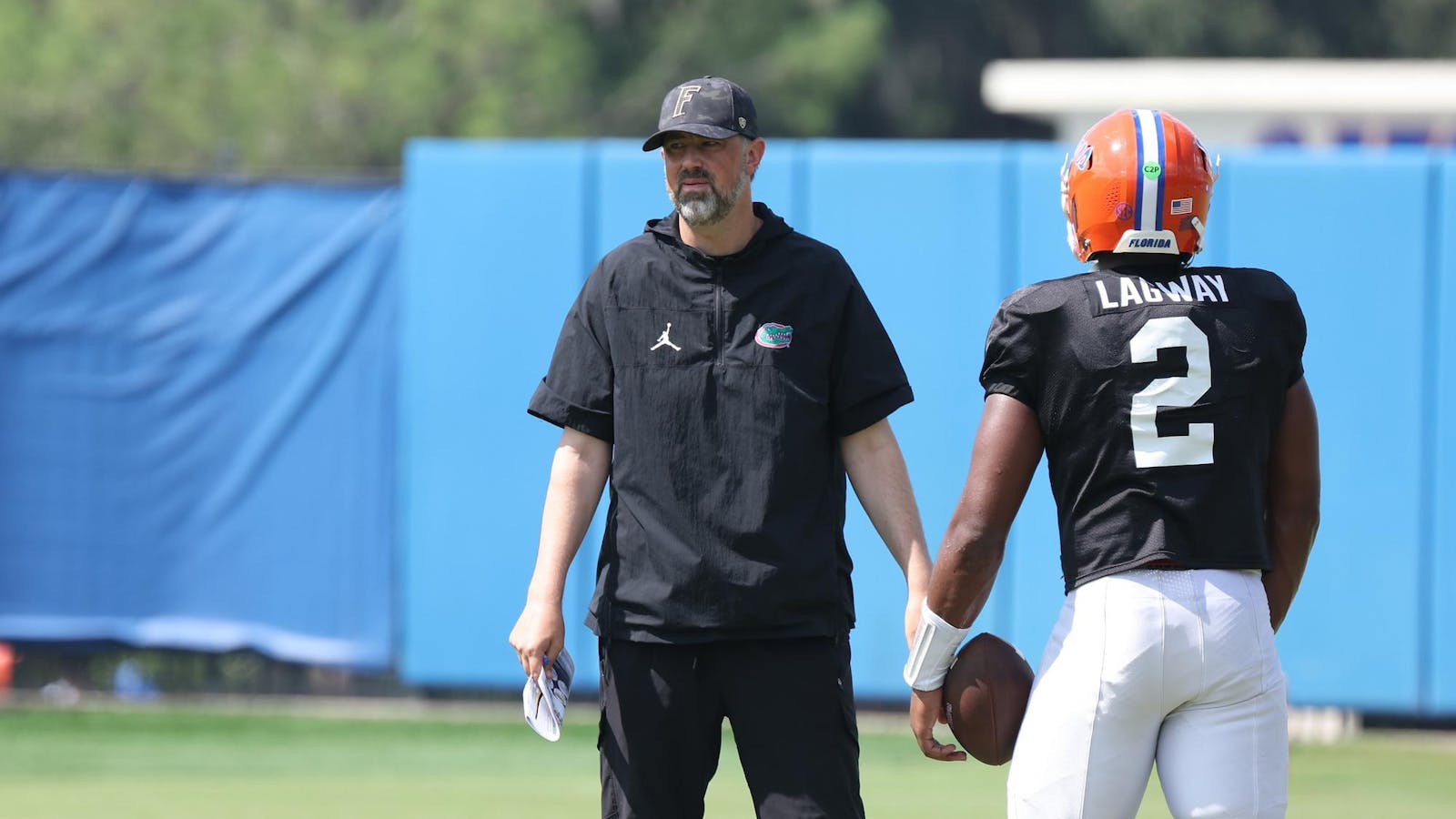Copyright CNBC

Veteran investor Howard Marks has warned that cracks unearthed in the credit market demonstrate investor "complacency" and "carelessness" — but stopped short of calling the turmoil a broader systemic problem. In his latest memo to clients, the co-founder and co-chairman of Oaktree Capital Management discussed the high-profile bankruptcies of U.S. car parts supplier First Brands and subprime auto lender Tricolor. Marks also highlighted problems at Zions Bancorp, Western Alliance, Broadband Telecom and Bridgevoice, and the role played by complex lending arrangements. Following the First Brands and Tricolor collapses, JPMorgan CEO Jamie Dimon warned that "when you see one cockroach, there are probably more." Marks, however, does not view the troubles as evidence of a broader systemic malaise within sub-investment grade debt, or the wider private credit markets. "If one is an isolated instance, and two hint at a pattern, are six an ominous trend?," Marks said in a memo published Nov. 6. "The truth is that there are always defaults … It shouldn't come as a surprise if there are a few dozen defaults in a normal year." Instead, the events offer a reminder that higher-yielding credit spreads simply reflect the greater risk attached to lower-rated debt, according to the 79-year-old value investor. Marks said rising markets typically bring greater risk tolerance, fear of missing out and lapses in due diligence, which help create "fertile soil" for potential wrongdoing. When earnings and profits are up, negativity is "easily brushed aside" and "the possibility of loss recedes from consciousness" as investors look to capitalize on the market upswing. Conversely, during a downturn, "it's the negatives that are exaggerated and the positives that are ignored" as the pendulum swings back and risk aversion outweighs risk tolerance. "The key observation is that good times lead to complacency, risk tolerance, and carelessness, as people bid aggressively for assets and compete to make loans. And then, bad times expose the results of that carelessness, as investments that were entered into without an adequate investigation and margin for error fail to hold up in a hostile environment," he wrote. The rapid demise of First Brands in September drew in financial services firms on both sides of the Atlantic, including Jefferies subsidiary Leucadia Asset Management and UBS O'Connor, the alternative investment unit of UBS. Marks highlighted several red flags underpinning First Brands' implosion, including extensive litigation history, $5 billion of annual sales in just six years of operating history, and "byzantine" funding agreements across a complex network of corporate entities and subsidiaries. Bankruptcy filings show First Brands' total obligations stand at $11.6 billion, nearly double the $5.9 billion disclosed earlier this year, Marks said. "I don't think today's issues are systemic in the sense that there's something wrong with the lending system, or that they will trigger other defaults and lead to a breakdown of the system," he said. "In simpler words, there's nothing wrong with the plumbing ... people who make investments and loans are highly prone to error in good times."



